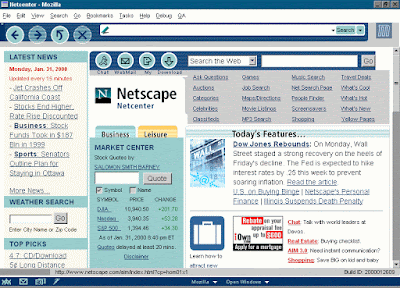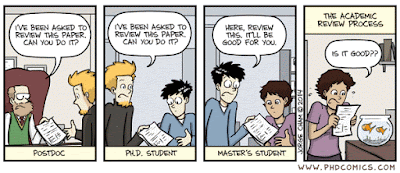Curriculum Management as a Supply Chain issue?

I don't often write about my dayjob - as manager of an academic program. There are probably a lot of interesting and nuanced things to study academically in higher education administration and non-profit management, things that I also find interesting (from time to time) - but I tend to spend most of my time looking at EdTech, pedagogy, language learning, and the like (more so than higher ed administration. Recently I saw a blog post from a friend who is also pursuing a PhD that made me put on my management academician thinking cap, and it got me in a reflecting mood as far as my dayjob goes. It also brought back fond memories of me being an MBA student in a supply-chain management. The successful running of an academic program is a complex dance between various external (to the academic department) actors, such as the admissions office, the registrar's office, the bursar's office, and the room scheduling office (if your program is on-campus). This is also in additio...






